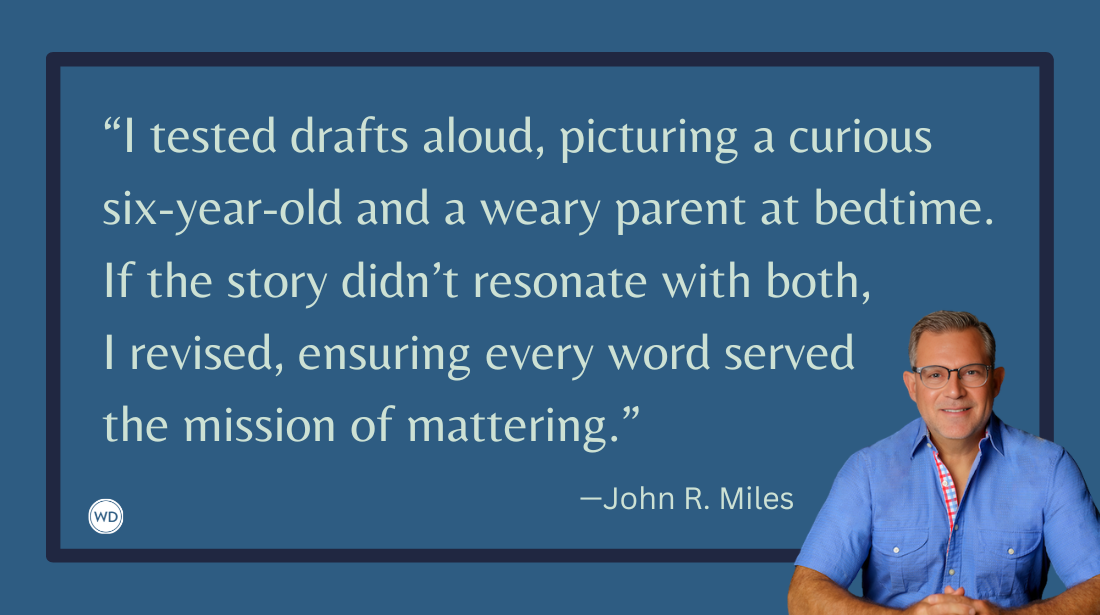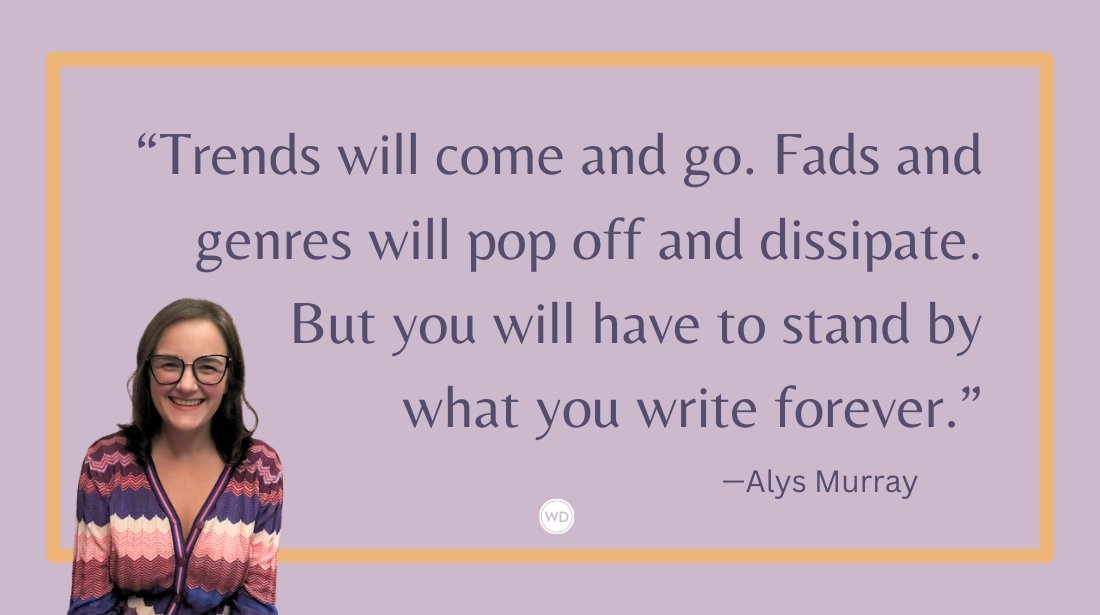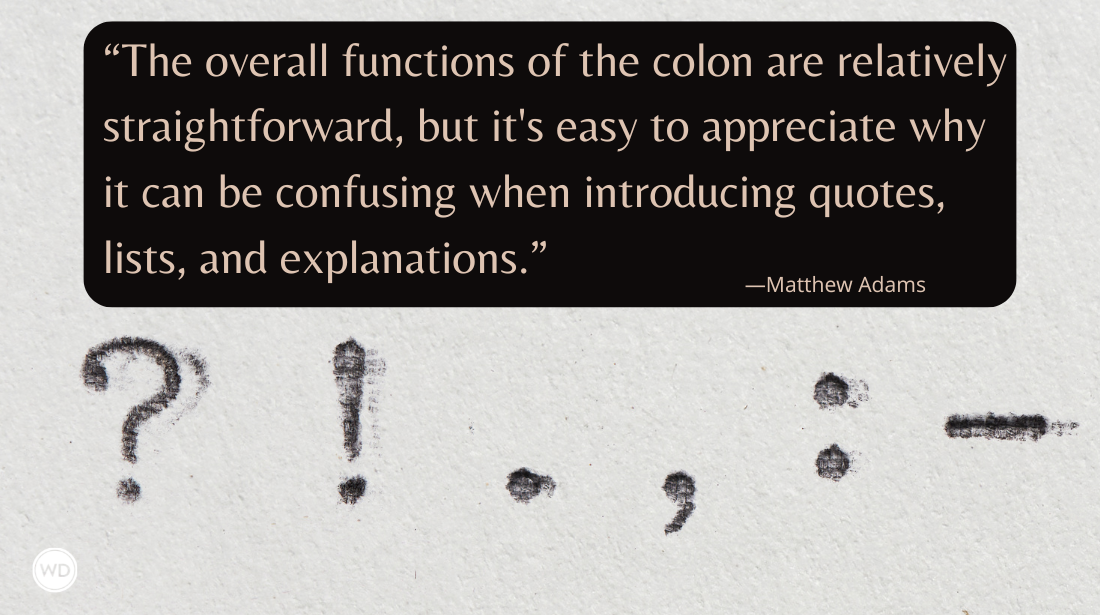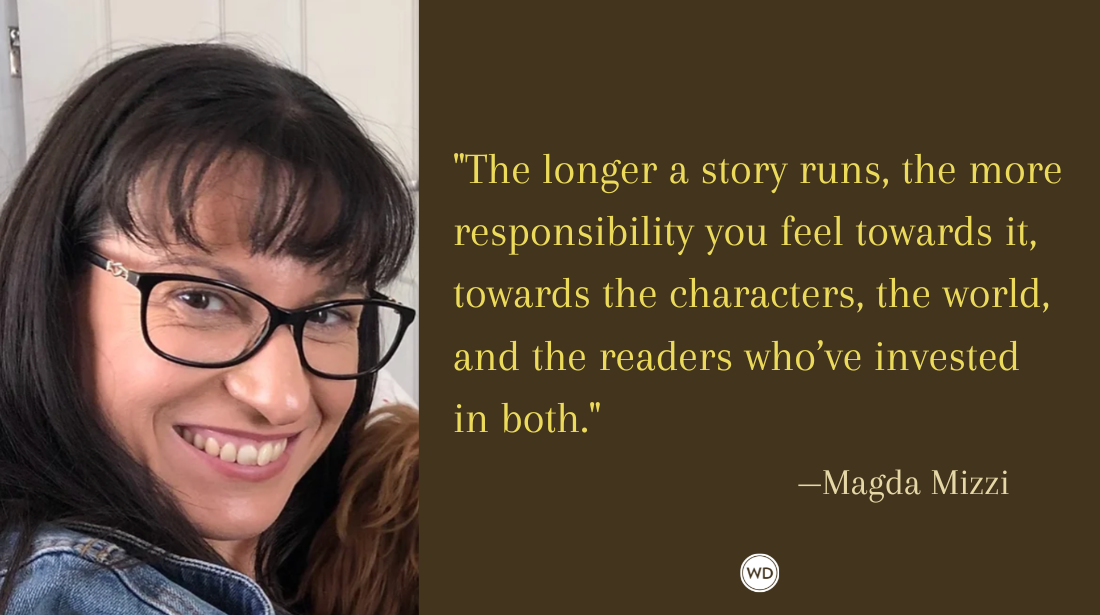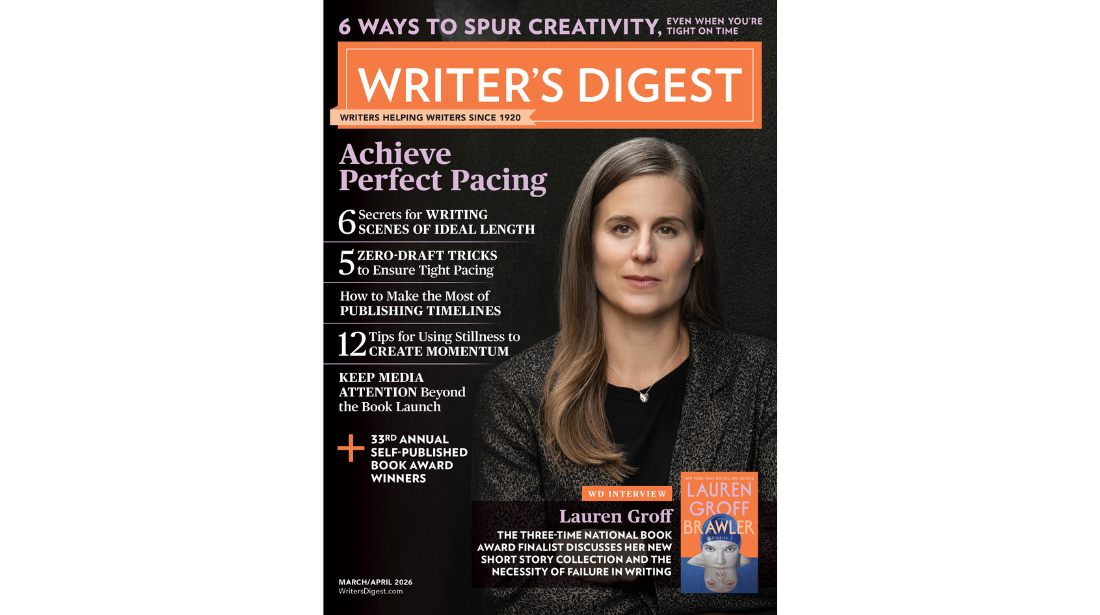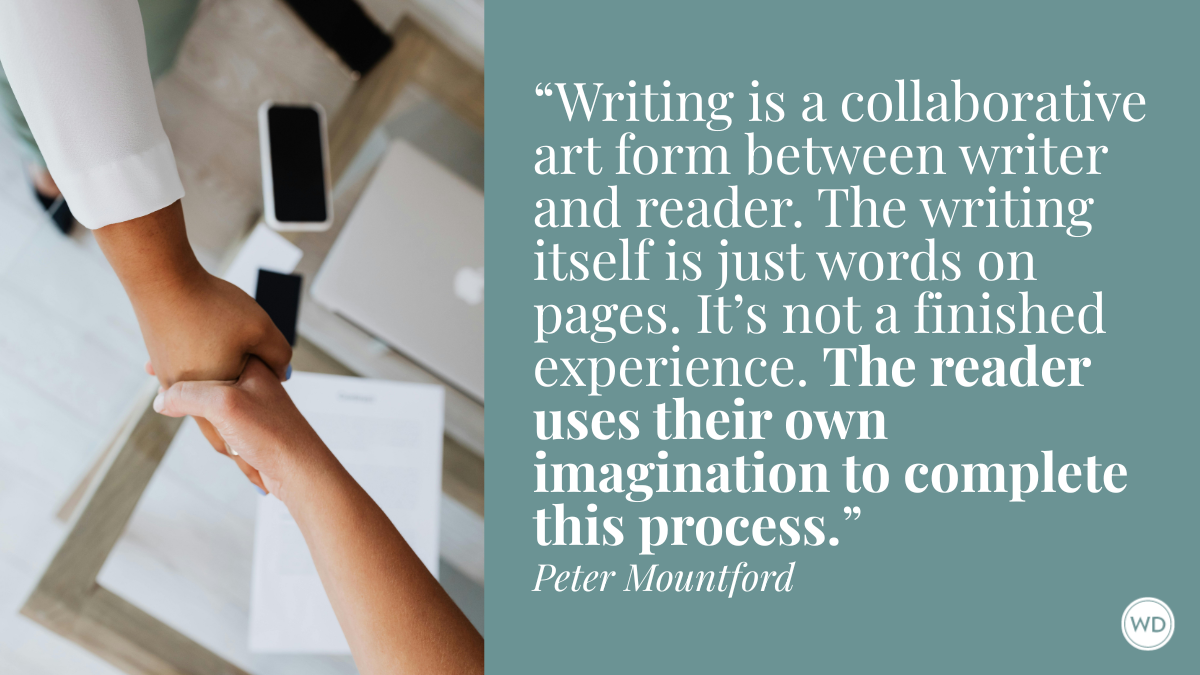Historical Fiction: Discover New Truths in the Past
History books are great for sharing a macro-level view of the past, but historical fiction reveals truths about the way people lived in history.
History books are great for sharing a macro-level view of the past, but historical fiction reveals truths about the way people lived in history.
We have lost the anchor of our history. Our past has become almost unrecognizable in the public forum as it constantly gets reshaped to fit new political paradigms. In many contexts, history seems more of a marketing tool than a truth. But even before it became a ball tossed between ideologues, history had suffered a slow suffocation in our classrooms.
Our texts had turned it into an arid wasteland of charts, statistics, and timelines, a world populated with stick figures and scarecrows as if we had commissioned a team of accountants to reduce our amazing story to a handful of PowerPoint slides. Students lost interest. Schools dropped history from their curricula.
As a result, today's graduates have far less knowledge of history than their counterparts a generation ago. History has become just a distant, hazy backdrop to most of us. We can do better, and our ancestors deserve better. Historical novels are the antidote to our historical apathy.
Push yourself beyond your comfort zone and take your writing to new heights with this novel writing workshop, designed specifically for novelists who are looking for detailed feedback on their work. When you take this online workshop, you won't have weekly reading assignments or lectures. Instead, you'll get to focus solely on completing your novel.
Nobody Lived in the Past
If you want to truly grasp our history, you have to understand that, as David McCullough succinctly put it, "nobody lived in the past"—because everyone always lived in their present. That is the first step in engaging with our past on a human level.
Modern history texts give us the impression that the lives of humans were driven by social and political movements, by macro trends, as if individuals consulted some master plan at each step in their lives, structured according to captions such as "Industrialization," "Western expansion," or "Great Depression." But history doesn't happen at that macro level; it is the result of millions of individual humans acting at the micro-level, living in their present.
I feel a meaningful connection with my great grandmother not because the texts tell me she came of age in the period characterized as Reconstruction, but because I know she was the valedictorian of her high school class, had an enigmatic Mona Lisa smile, and later in life lost a four-year-old son to diphtheria.
Knowing the labels applied to their respective spans on earth does nothing to bring me close to my eight great grandparents. What breathes life into them is my knowledge of their personal journeys, their achievements, and tragedies, experiencing them in their human dimensions. The great strength of historical fiction is that it offers us this human connection to the past.
Pulling Truth From Facts
Historical fiction helps us to understand the past as a mosaic of individual lives, and ultimately brings us to the realization that these past lives are separated from our own not so much by aspirations, appetites, and ambitions as by technology and time. We all swim in the same ocean of humanity, and before long, we ourselves will be in someone's past. If we truly want to engage in that human journey, we need to digest its facts but then sink our teeth into its truths.
Nowhere is the difference between fact and truth more aptly reflected than in comparing the study of the past as offered by historical technicians and historical novelists. Historical novels can provide a profoundly deeper bond with the participants of our past than that offered by classroom texts. The text starts and stops with facts. The well-done historical novel builds upon facts to lead us to truths.
These novels quickly teach us that the people of the past should not be treated as strangers. They experienced the same joys and tragedies, they laughed, and they cried for the same reasons we do today. Many of them engaged in staggering adventures and endured adversities we would consider unspeakable today.
They are pages in the same human story that we continue to write today. They provided the DNA that made us possible. These people became us. Get to a bookstore and introduce yourself to them and their world. You'll be surprised at how much those voices from across time can teach you.
Which do you think will more effectively transport you to the human experience of the Civil War, one of the compilations of factoids used in classrooms or Stephen Crane's The Red Badge of Courage, which draws readers into the terrified soul of a soldier? Which betters conveys the compelling human drama of the 18th century frontier, the classroom summary of settlement dates and battle sites or Cooper's very authentic, emotionally gripping Last of the Mohicans?
Fiction Reveals Truth That Reality Obscures
Exploring the hearts and minds of those who came before us can be deeply enriching, providing a lens for new perspectives on ourselves and our times. A well-told tale from the past allows us to walk in that former world as an eyewitness, and to reap the rich reward of having a human from a different age resonate within us. As Emerson reminded us, "fiction reveals truth that reality obscures."
These truths are waiting for us on bookstore shelves, in a genre that is rapidly expanding in scope and depth. Historical novels are the time machines that transport us to whom we were before.
Described as “a writer of faraway mysteries,” Eliot Pattison's travel and interests span a million miles of global trekking, visiting every continent but Antarctica. An international lawyer by training, he received “the Art of Freedom” award along with Ira Glass, Patti Smith and Richard Gere for bringing his social and cultural concerns to his fiction, published on three continents. He is the author of 13 mystery novels, including the internationally acclaimed Edgar award-winning Inspector Shan Series, set in China and Tibet and the Bone Rattler Series, set in Colonial America. His books have been translated into over twenty languages. A former resident of Boston and Washington, Pattison resides on an 18th century farm in Pennsylvania with his wife, three children, and an ever-expanding menagerie of animals.




